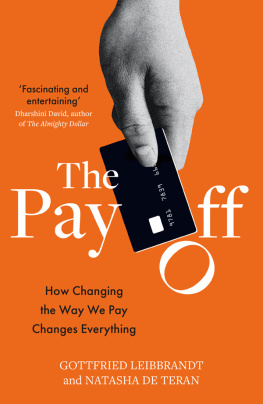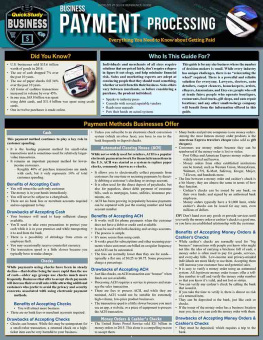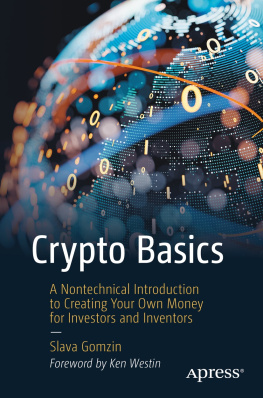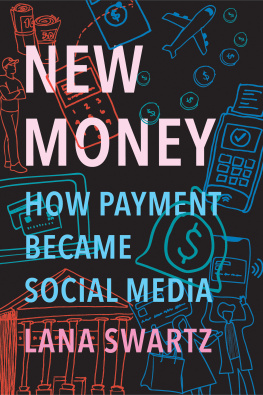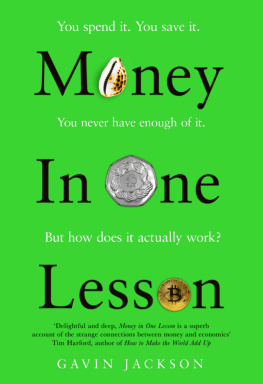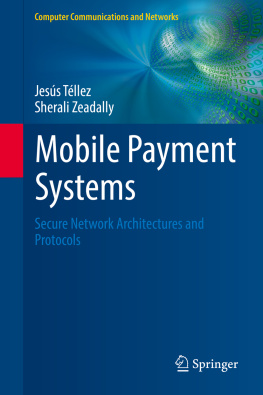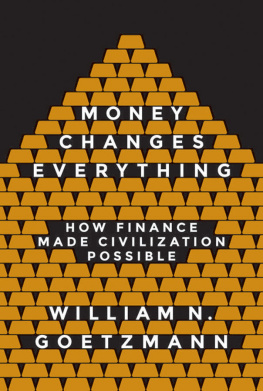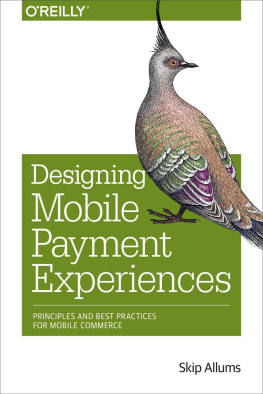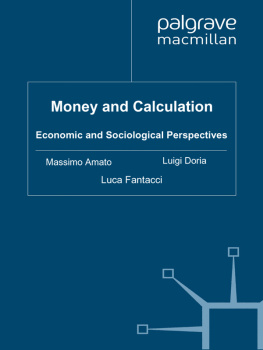Contents
Guide
A really interesting book, going through the history of how we have paid for things in the past, as well as looking at how payments could change in the future. If you have never thought about the plumbing system that guides all our payments to the places they need to reach, then this may be an eye-opener.
Baroness Ros Altmann, life peer and political campaigner on pensions
An excellent and important book. Payments are transforming our society and our lives, and yet few people understand whats driving the change, or what the consequences could be, for good or ill. Hugely engaging and accessible, The Pay Off demystifies this critical subject for the layperson and policy makers alike.
Natalie Ceeney CBE, Chair, Access to Cash review
What happens when we make a payment is literally a multi-billion-dollar question. This is a fascinating and entertaining insight into those seconds between clicking a button and money appearing in far-off accounts and the changing face of those who profit.
Dharshini David, author of The Almighty Dollar
The world of payments is complex and confusing, but hugely important. The authors have produced a comprehensive, authoritative and even, at times, amusing, guide. I have read nothing better on a subject which increasingly preoccupies both commercial and central banks.
Howard Davies, Chairman of the NatWest group, and former chairman of the FSA.
The Pay Off sounds like a thriller and it reads like one. The authors succeed in demonstrating networks are an inexhaustibly interesting subject with wit and panache. The book was written with a twinkle in the eye and brought a twinkle to mine. Accessible and erudite, entertaining and enriching, The Pay Off delivers.
Tim Frost, former director of the Bank of England and chair of Cairn Capital
The global payment system is the biggest thing that people generally know nothing about. The authors have managed to explain it in a way which is both engaging and intriguing, and it is hard to imagine anyone, from financial professional to general reader, not finding it fascinating. As technology begins to revolutionise payments, this book has never been more sorely needed.
Simon Gleeson, author of The Legal Concept of Money and Partner,
Clifford Chance
The Pay Off will change the way we read and think about payments. Fascinating, thrilling, intriguing and well written, with deep inside knowledge and understanding of the world of payments, Gottfried and Natasha are taking us to a future with endless possibilities, never losing sight of possible risks and wrong turns.
Jochen Metzger, Payments Executive, Frankfurt am Main
Whenever you buy or sell something, you use a payments system but do you ever wonder how that system works? Its like plumbing or electricity maybe, but it is actually far more complex as it is changing fast thanks to technology. You used to pay with cash, then with a click, now with a swipe or with a touch. Whats next? How does all of this work? The Pay Off provides a wonderful deep-dive into the subject by two experts who are at the heart of the system that links all of the payments and banking world globally, namely Swift. In this book, you find so many useful insights about the past, present and future of payments that anyone who is vaguely interested in politics, economics or the world of finance should pick it up and read it. NOW!
Chris Skinner, author, commentator and troublemaker
Lucid and stimulating this book sheds light on the scale (and pace) of the digitalmoney revolution that we are living through.
Huw van Steenis, author of the Bank of England Future of Finance report
An accessible, thorough primer on the money technologies that make our world go round but few really people understand.
Lana Swartz, author of New Money: How Payment Became Social Media
Payments are the most important things most people have probably never even thought about. Banks, tech companies, central banks, crypto firms and crooks all know that if you control payments, you may also control critical data and ultimately the world. The Pay Off cleverly dissects the workings and future of this geopolitical and technological war. A must-read for anyone in business.
Bob Wigley, Chair UK Finance and author of Born Digital: The Story of a Distracted Generation
A long overdue, highly readable and authoritative account of the uses and occasional abuses of the systems on which we all rely, and how they are still rapidly changing, that both specialists and the general reader will find informative and entertaining.
Mark Yallop, Chair, FICC Markets Standards Board, and Former External Member, Prudential Regulatory Committee and Financial Market Infrastructure Board at the Bank of England

Contents
AUTHORS NOTE
Throughout the text we have mostly used the plural we to reflect the fact that writing this book has been a joint endeavour. On occasion, we have written about specific incidents and personal examples: in those instances, the text switches to the singular I to indicate the difference.
Introduction
W hen was the last time you made a payment?
It cant have been long ago: on average people make one payment every day, though most of us make many more than that. But how often do you think about what goes into the process of paying?
Was it free to pay? Who saw you pay and how much information did they get in the process? How did the money move? When did the beneficiary actually receive it? How much did they get? How many organisations, machines or people were involved along the way? How do they link together? Who pays for them? Who controls them? And what would happen if the system stopped working?
Payments are everywhere, if you pay attention. At the cash register, to be sure, where you might use coins, a card or a phone. Online, when you take your virtual shopping cart to the virtual cash register and use your, yes, virtual card. Less noticeably you are paying when your monthly rent, mortgage payment or utility bill goes out through a standing order or direct debit. And less noticeably still, you just paid for that movie on Amazon by watching it, or that Uber ride by taking it. Be in no doubt that some of the smartest brains are working hard to make our payments easier still.
It has been argued that money is one of the three key abstractions that enable societies to function beyond the scale of prehistoric tribes (the other two being religion and writing). We all realise the importance of money, even if we arent all equally enthusiastic about its role. But the ultimate purpose of money is of course to use it to make payments which is why we should all understand at least a bit about how they work.
Sexy they may not be, but payments are hugely powerful, and they matter: how we pay has a real and deep impact on our lives. Get payments right and economic activity prospers; get them wrong and economic activity can be stifled. Without payments, money doesnt work, and if it stops working, so too would (or, god forbid, will) our economies and societies. Think no food on the shelves, no petrol at the pumps, no power in the grid, and remember the words of American journalist Alfred Henry Lewis: There are only nine meals between mankind and anarchy. Arguably its less the thin blue line and more the payment system that sits between us and a total breakdown of law and order.

